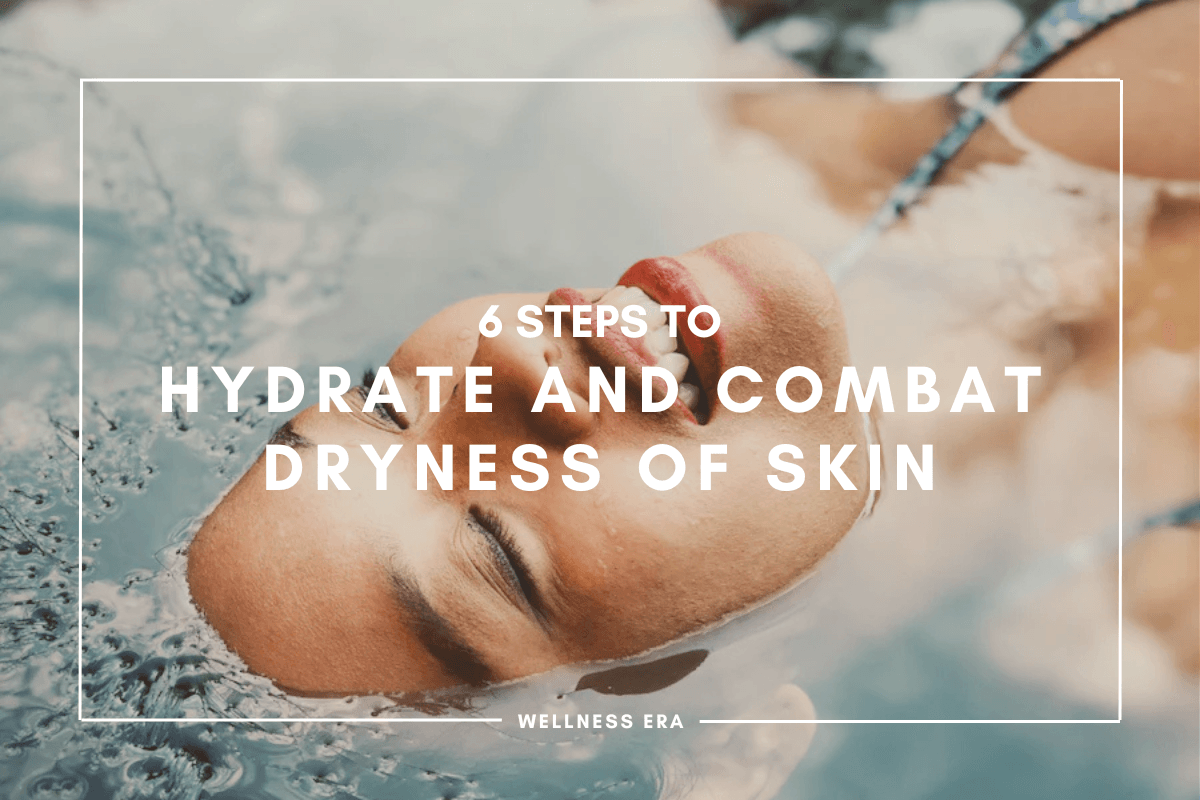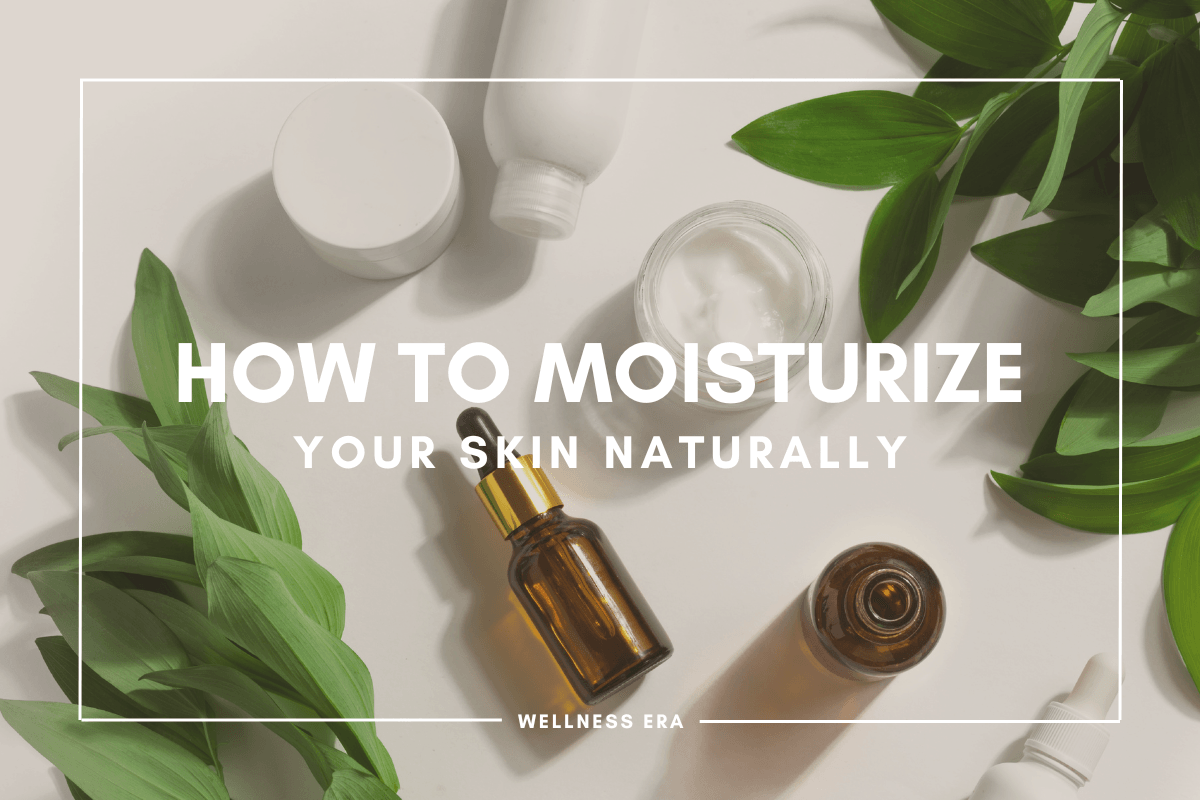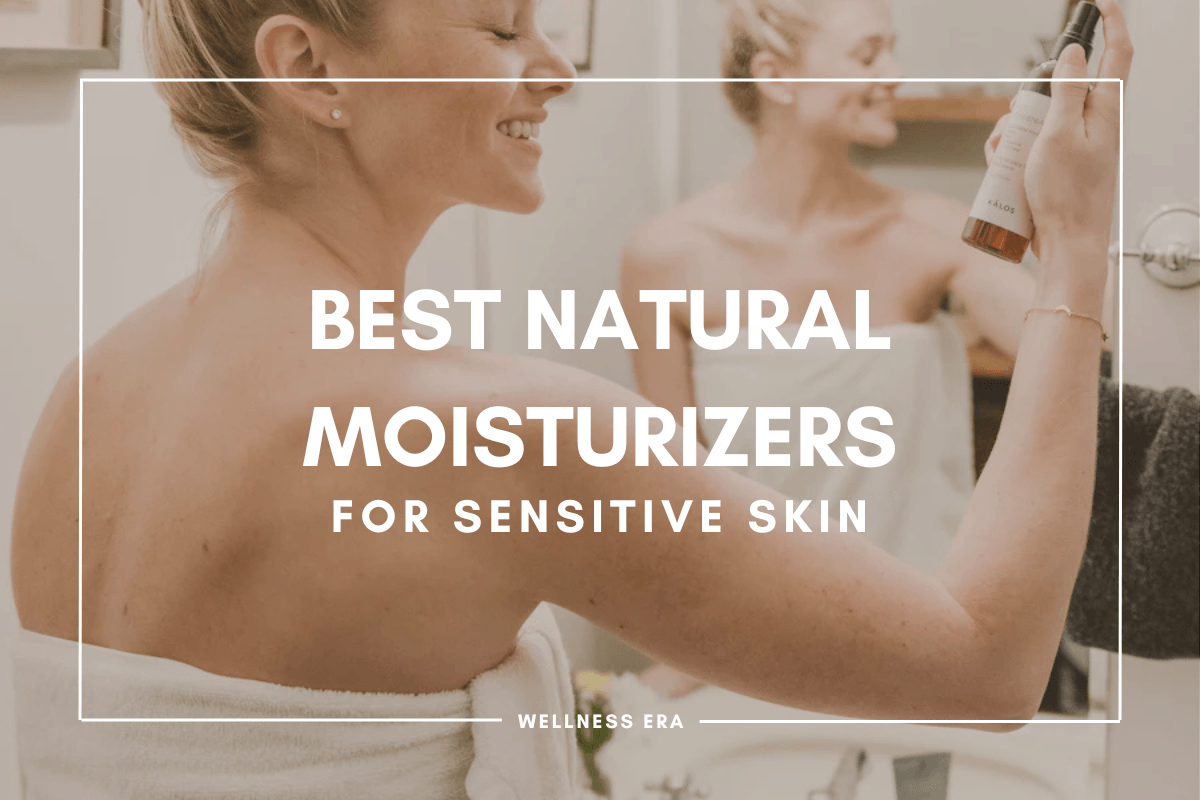Best Natural Moisturizers for Dry Skin
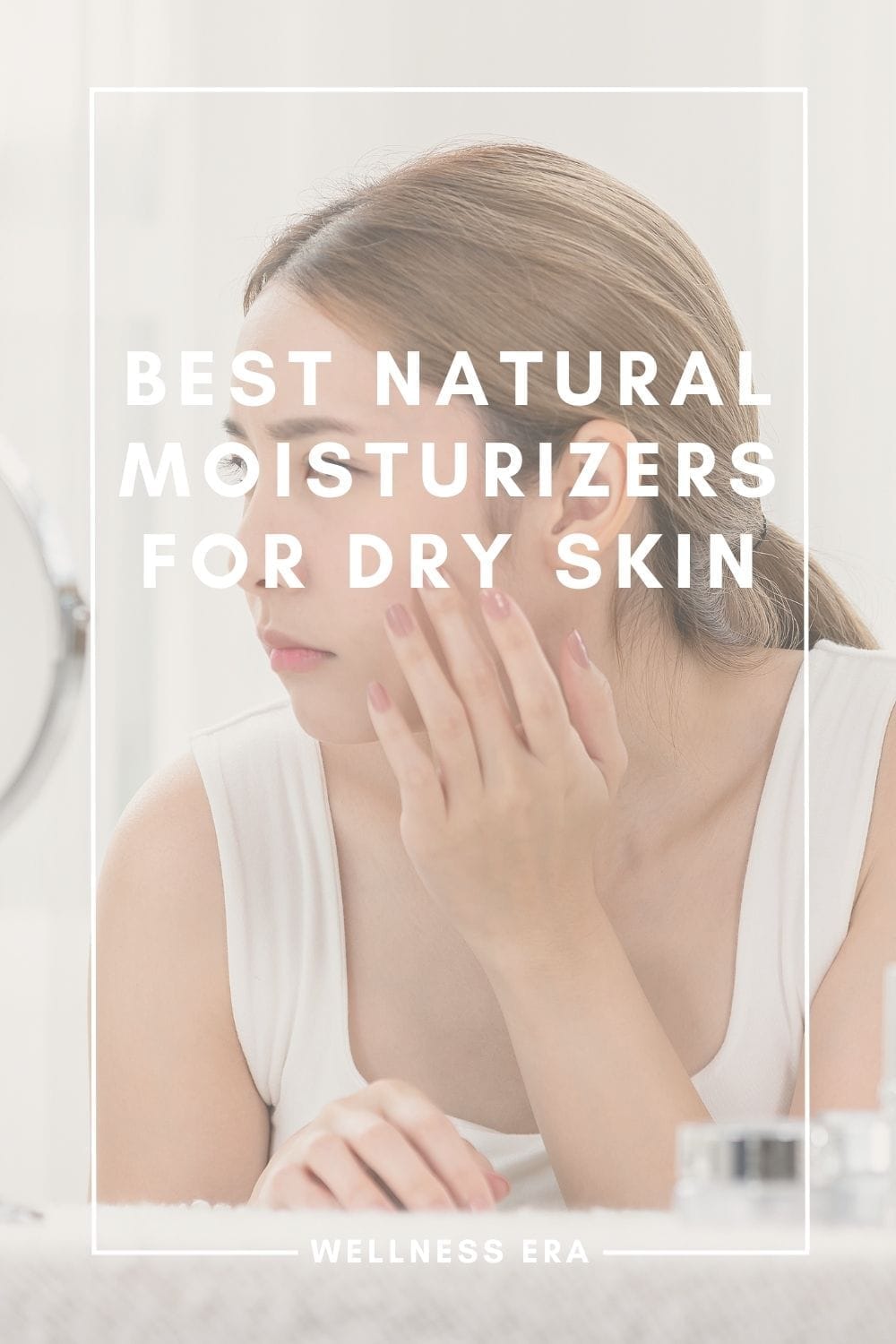
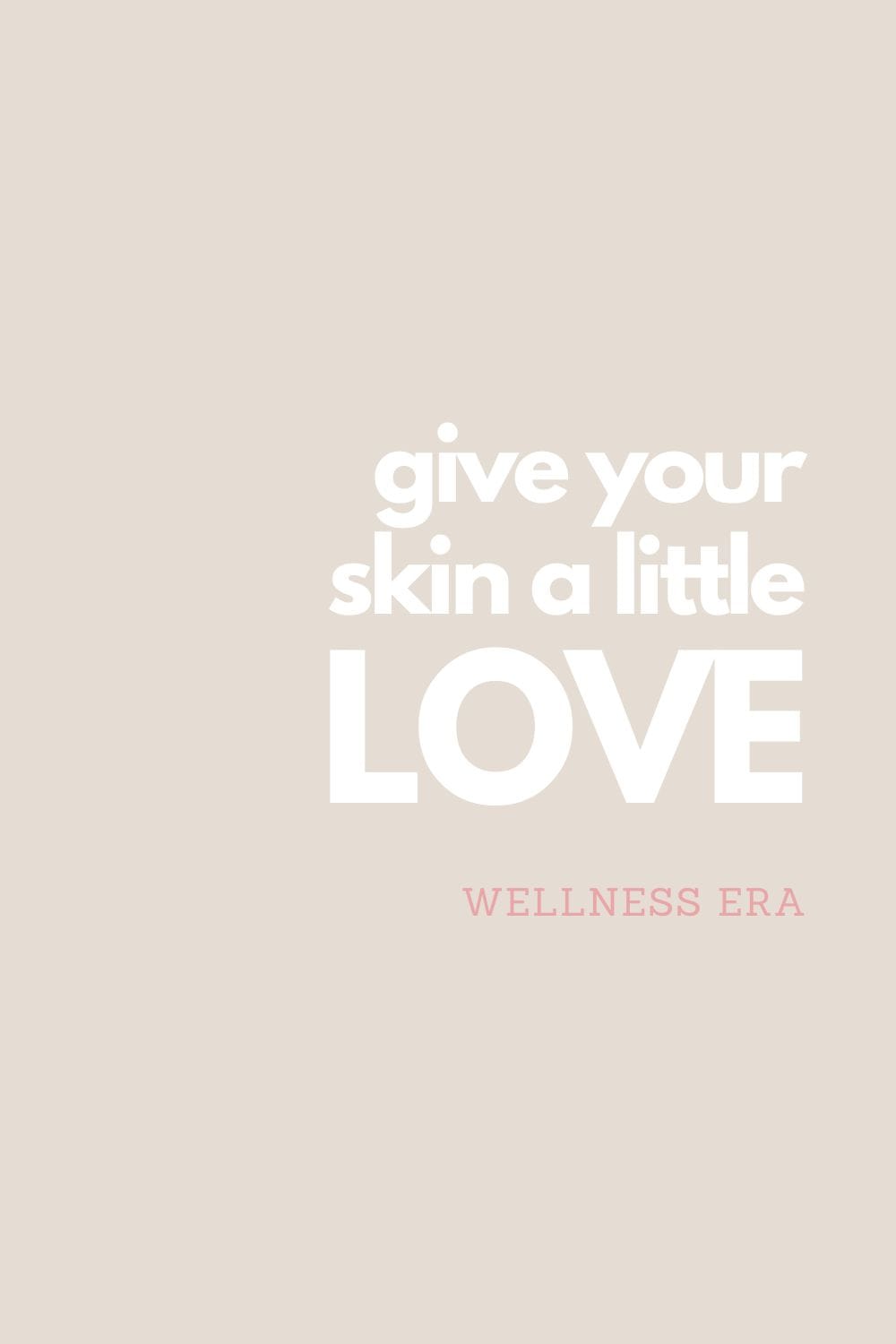
Dealing with dry, flaky skin can be frustrating, but the right moisturizer can make all the difference! If you’re searching for a natural way to nourish and hydrate your skin, you’re in the right place. Natural moisturizers like butters, oils, and tallow don’t just lock in moisture—they also soothe irritation and help restore your skin’s natural glow. Ready to banish dryness and pamper your skin with nature’s best? Let’s discover the perfect solutions for your dry skin!
What Is the Definition of Dry Skin?
Dry skin, or xerosis, is a condition in which the skin lacks sufficient moisture, resulting in a rough, flaky, or cracked texture. It occurs when the skin's natural oils and moisture levels are depleted, leading to tightness and discomfort. This condition is especially common on areas such as the face, hands, elbows, and legs, where the skin is more exposed to environmental stressors. The outer layer of the skin, known as the stratum corneum, relies on adequate hydration to maintain its protective barrier, which keeps the skin smooth and flexible.
Key Characteristics of Dry Skin
Rough Texture: Dry skin often feels rough, scaly, or flaky due to the accumulation of dead skin cells on the surface.
Tightness: It may lack softness and elasticity, often feeling tight after washing.
Itching and Irritation: Prone to itching, redness, and irritation because of a compromised protective barrier. Severe dryness can even cause cracks or fissures, increasing the risk of infection.
Dull Appearance: The skin can appear dull or ashy due to a lack of natural glow.
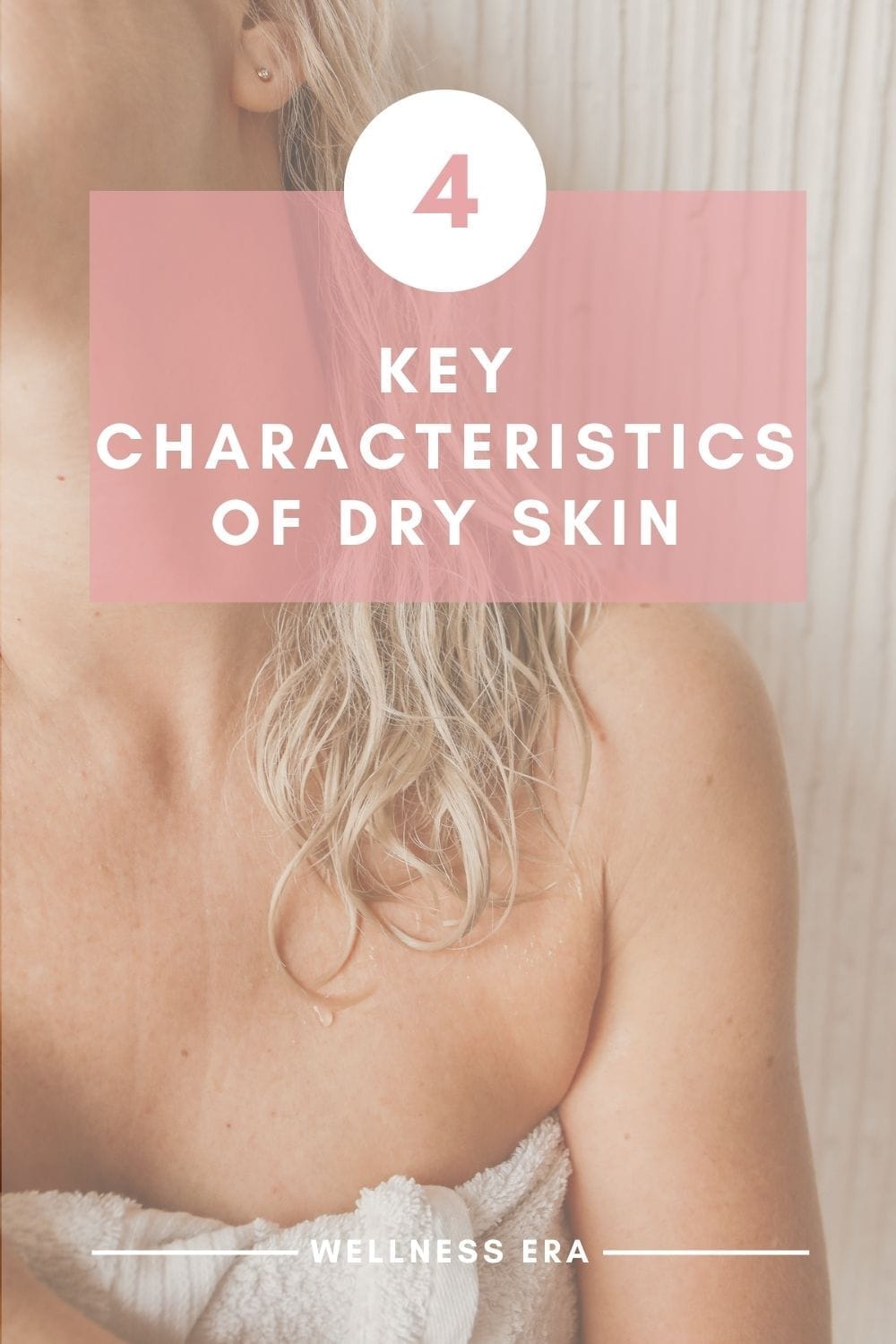
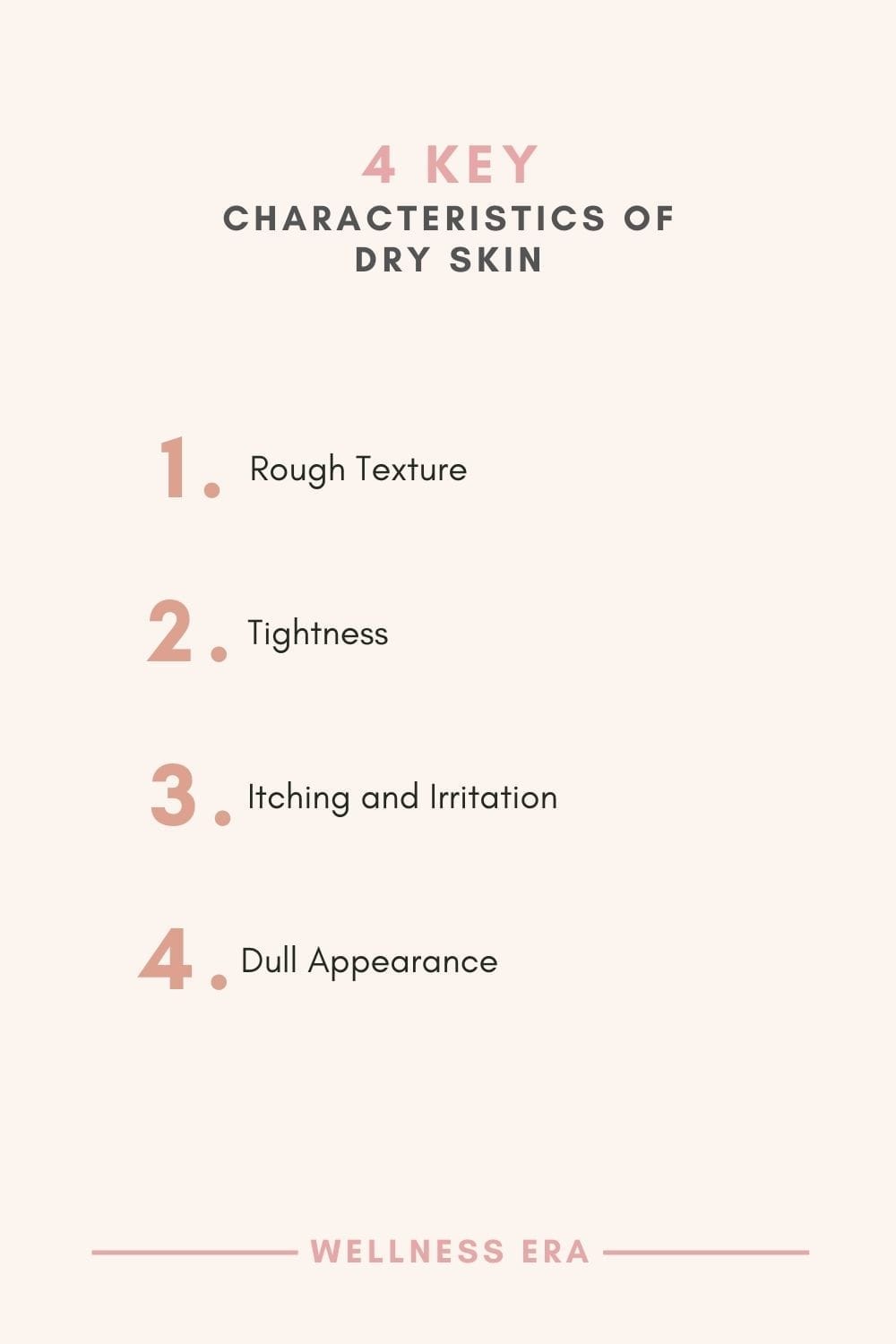
Common Causes of Dry Skin
Environmental Factors: Exposure to cold weather, low humidity, or sunlight can strip the skin of natural oils.
Frequent Washing: Using hot water or harsh soaps can exacerbate dryness by removing essential oils from the skin.
Aging: As we age, the skin naturally produces less oil, making dryness more common.
Dehydration: Lack of proper hydration can also manifest in dry skin.
Skin Conditions: Disorders such as eczema, psoriasis, and hypothyroidism are often associated with dry skin.
Maintaining a regular moisturizing routine and avoiding harsh skincare practices are essential for managing dry skin and preventing irritation.
Struggling with persistent dryness? Alongside the right moisturizer, proper hydration techniques can make a world of difference.Discover 6 simple steps to hydrate and combat skin dryness naturally.
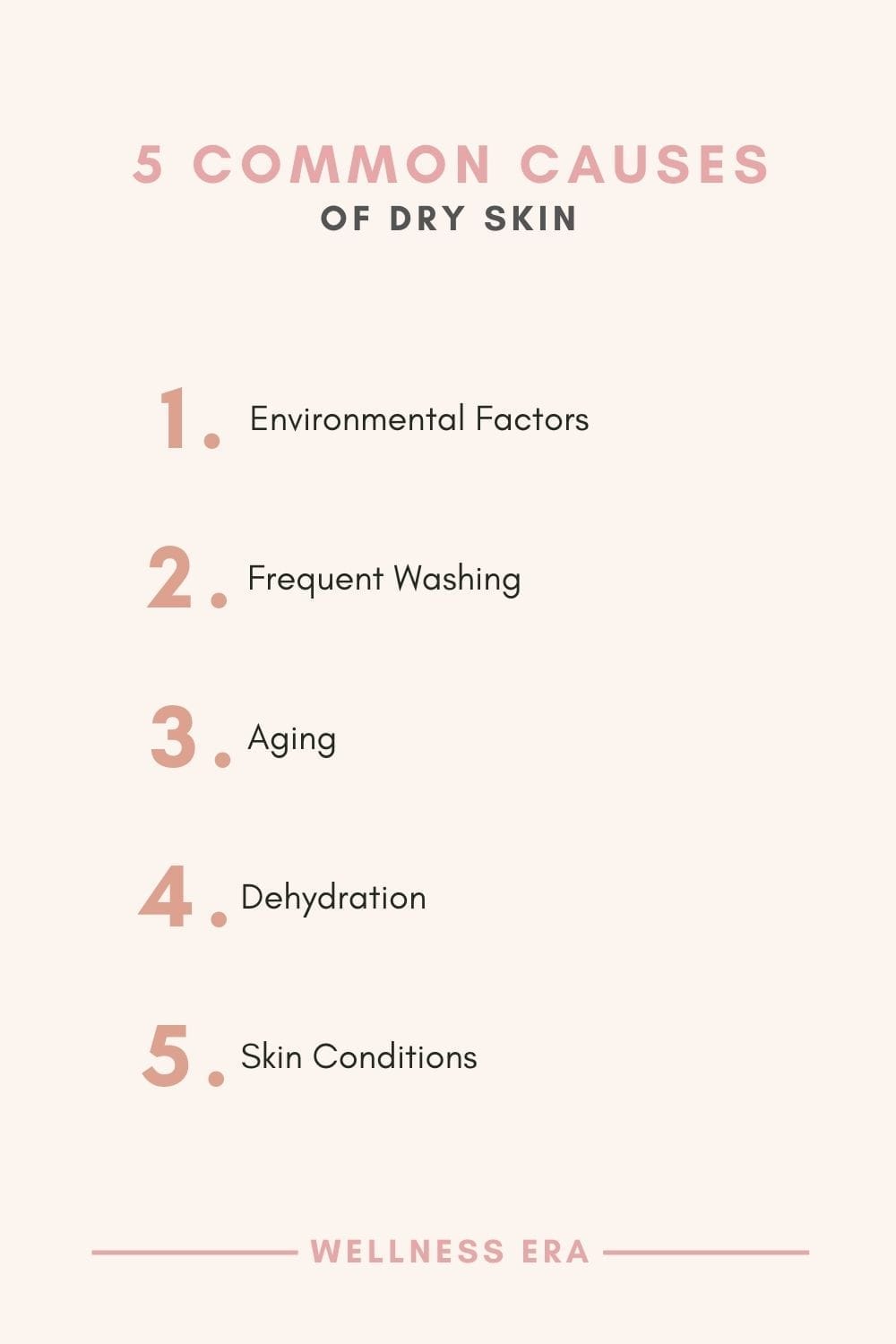
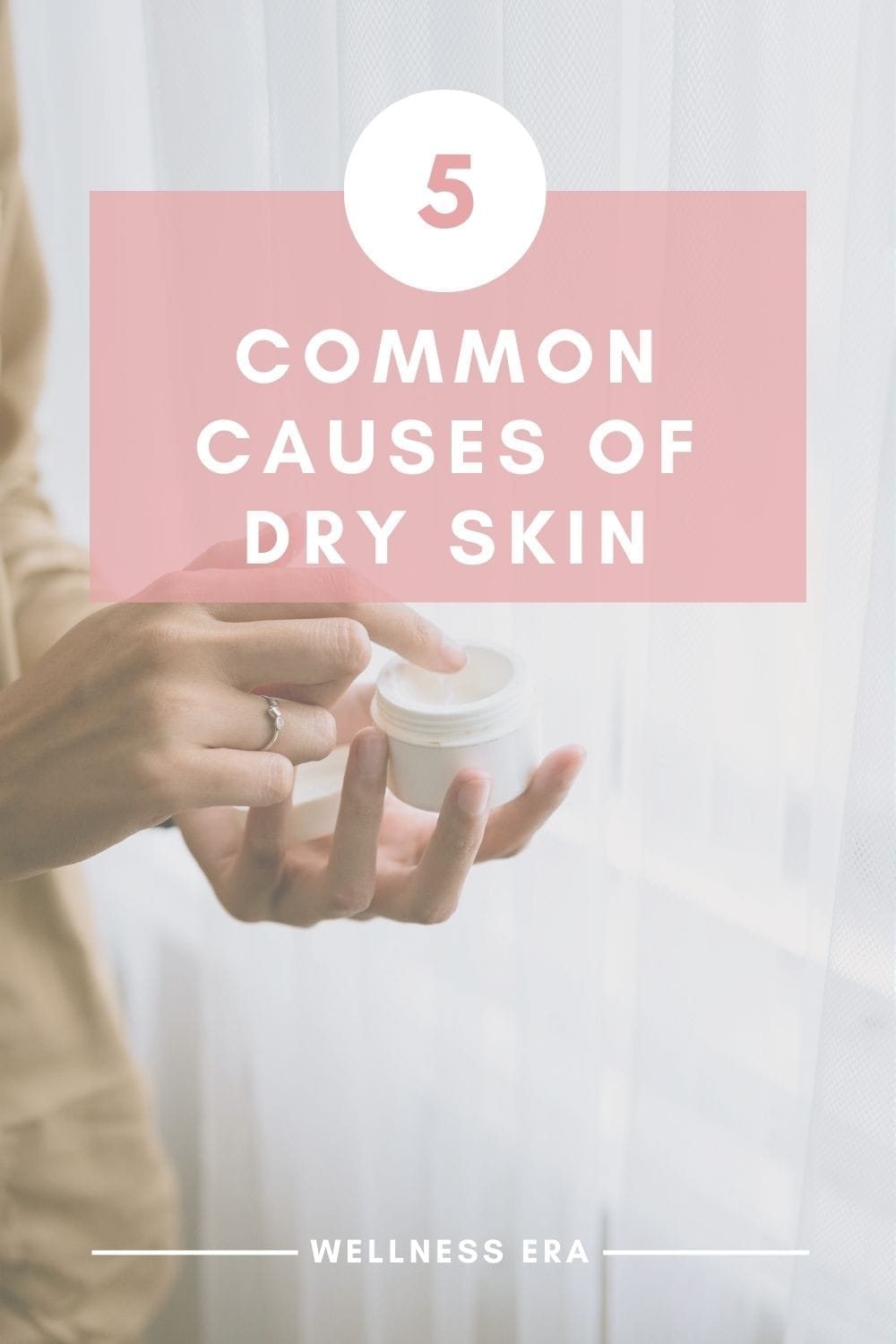
Best Natural Moisturizers for Dry Skin
Dry skin requires moisturizers that provide deep hydration, help restore the skin's natural barrier, and lock in moisture. Natural options like tallow, butters, and oils are effective due to their rich content of fatty acids, vitamins, and nutrients. Here are some of the best natural moisturizers for dry skin:
1. Tallow
Benefits: Grass-fed tallow is nutrient-rich, containing fatty acids such as oleic acid, stearic acid, and vitamins A, D, E, and K. Its composition closely resembles the skin's natural oils, making it highly effective for deep nourishment and skin barrier repair.
Why It Works for Dry Skin: Tallow helps to lock in moisture, soften rough patches, and soothe irritation. Its fatty acid profile supports the skin’s natural lipid barrier, making it an ideal choice for dry, cracked skin.
Use Tips: Apply a small amount of tallow balm to areas of intense dryness, such as the face, elbows, or hands, particularly in cold or dry climates.
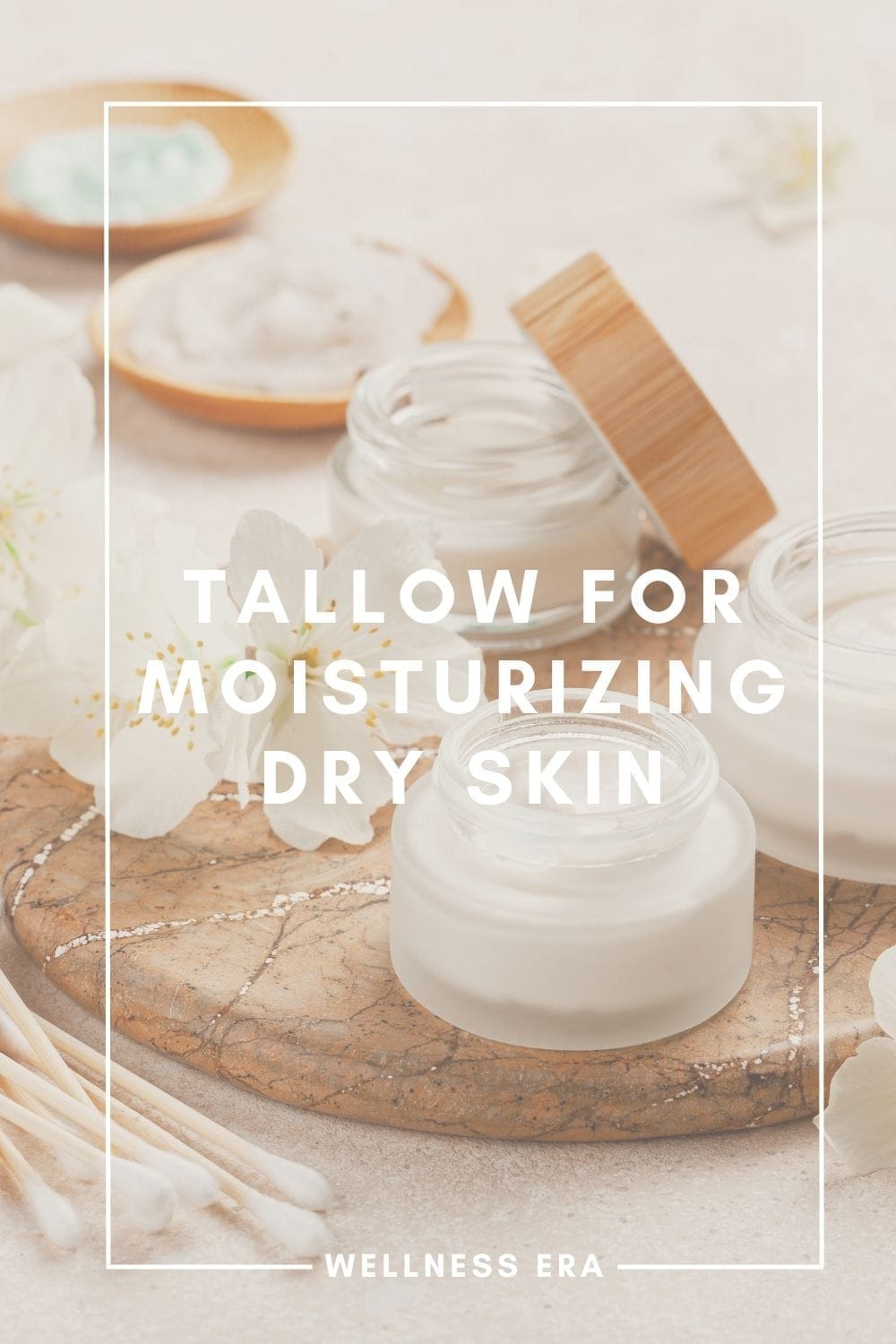
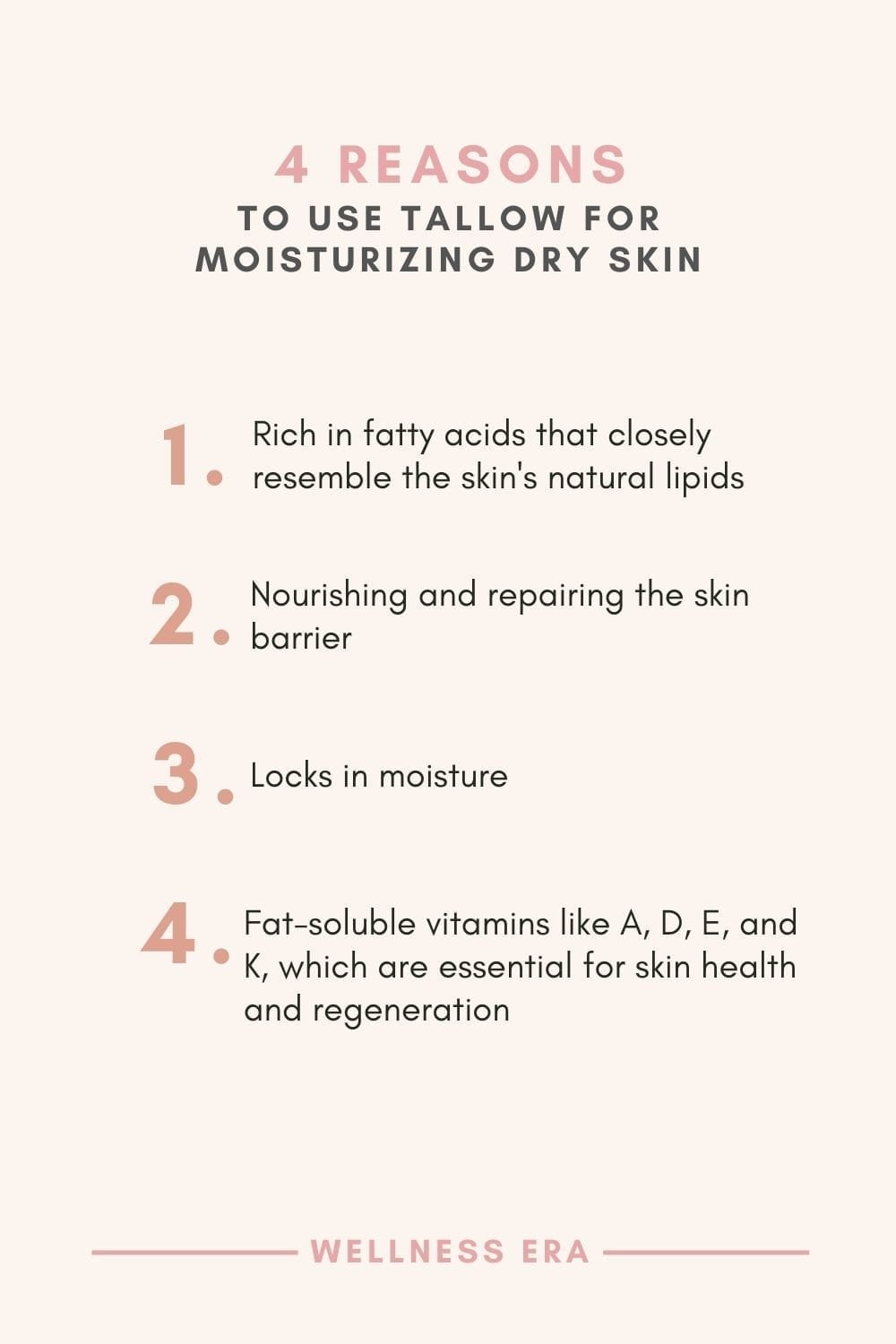
2. Natural Butters
Natural butters provide intense hydration and are packed with nutrients that replenish dry skin.
Shea Butter
Benefits: Rich in vitamins A, E, and F, shea butter is an emollient that helps to soften and repair dry skin. Its anti-inflammatory properties also make it suitable for irritated or eczema-prone skin.
Why It Works for Dry Skin: Shea butter offers long-lasting moisture and helps to improve skin elasticity while reducing flakiness.
Use Tips: Apply shea butter directly to dry patches or mix it with a carrier oil for a DIY body butter.
Shea butter's soothing properties make it perfect for calming irritated, inflamed skin. Explore natural strategies to reduce skin inflammation for a smoother, healthier complexion
Cocoa Butter
Benefits: Contains fatty acids that provide a protective layer on the skin, improving hydration and reducing the appearance of stretch marks.
Why It Works for Dry Skin: Its rich texture helps lock in moisture, making it beneficial for extremely dry skin.
Use Tips: Apply after bathing to retain moisture or mix with essential oils for added benefits.
Mango Butter
Benefits: Lighter than shea or cocoa butter but still deeply moisturizing, it is rich in vitamin C and helps to rejuvenate dry, damaged skin.
Why It Works for Dry Skin: Provides hydration without feeling heavy, making it suitable for daily use.
Use Tips: Apply mango butter to dry areas, especially during the winter months, to maintain smooth skin.
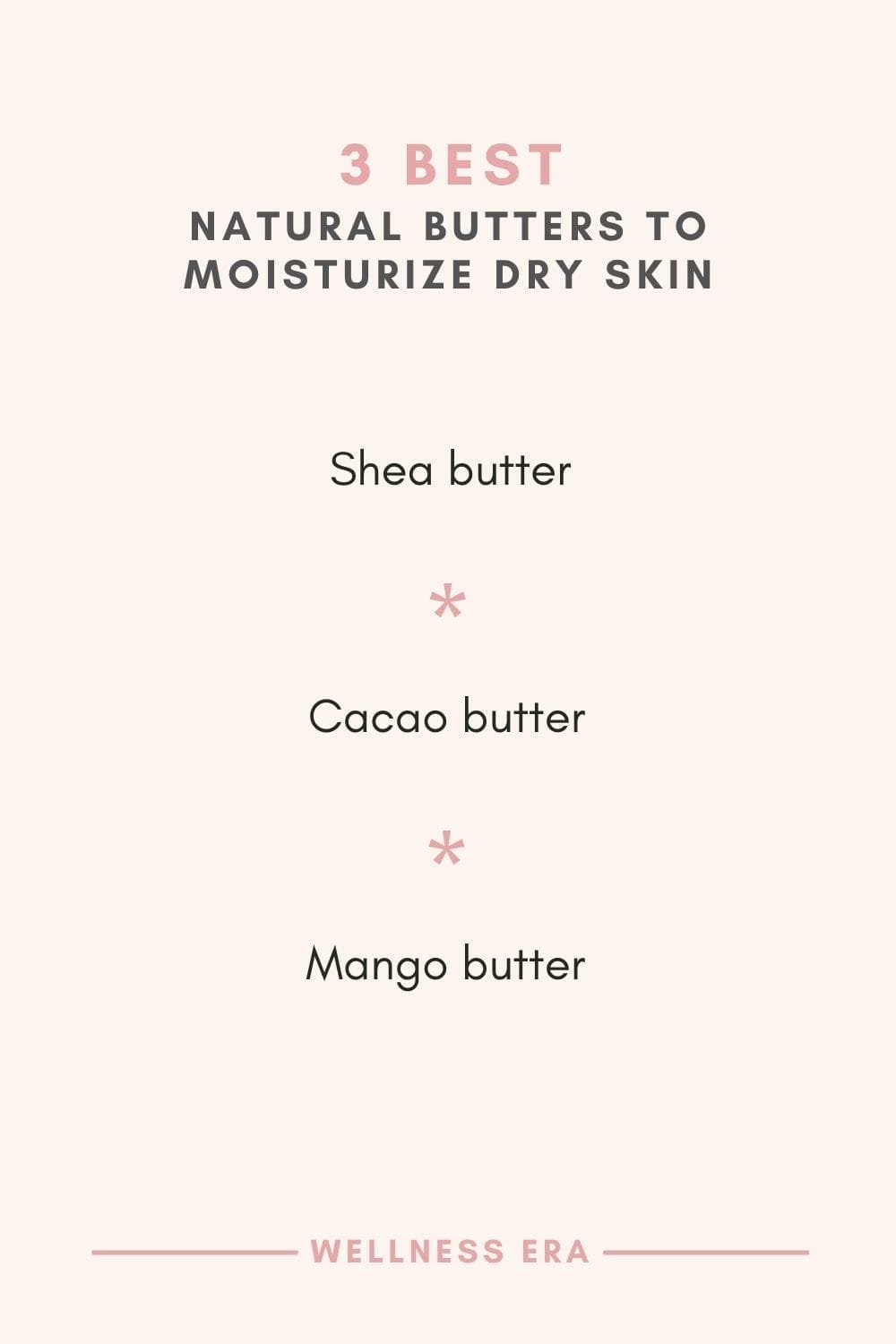
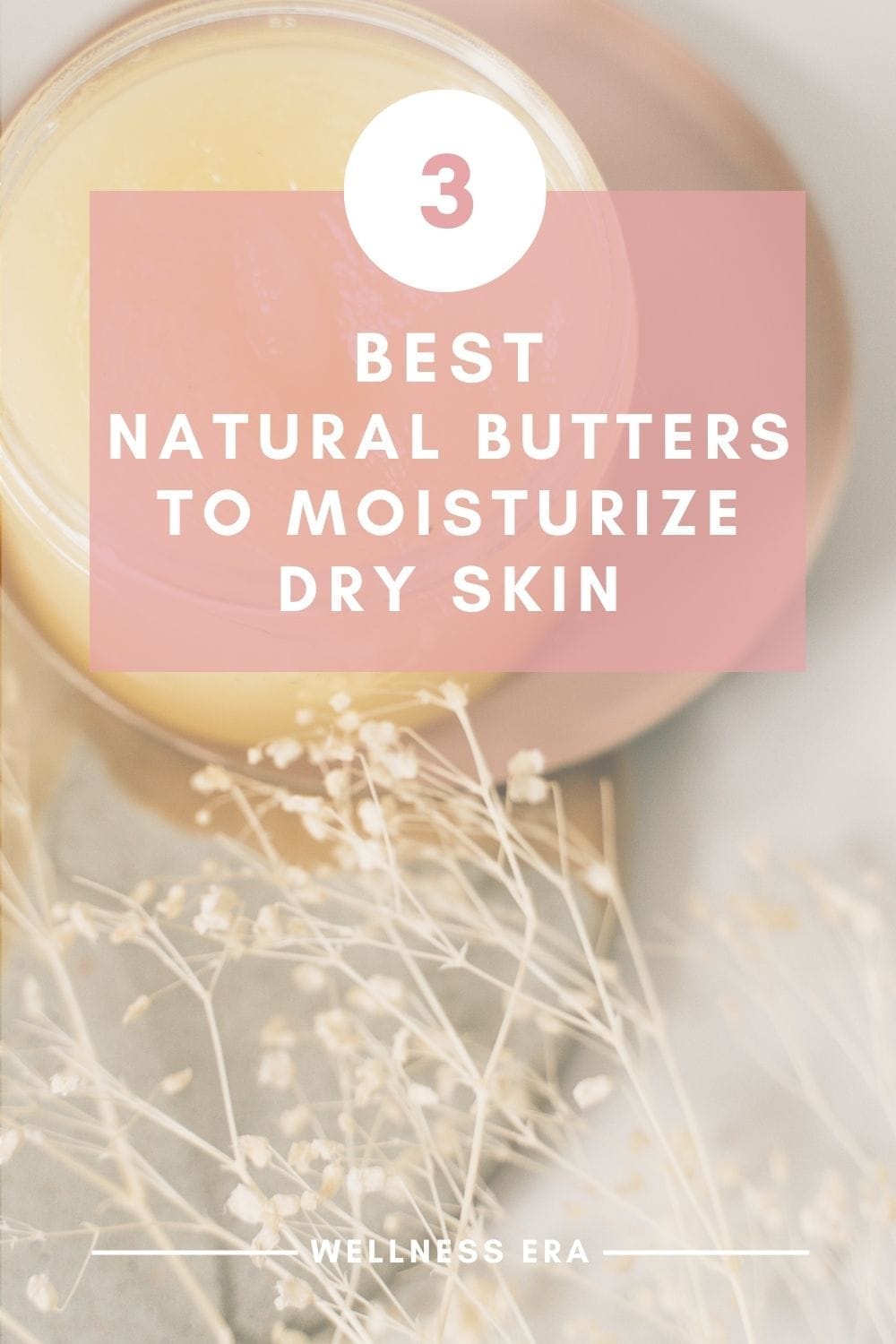
3. Natural Oils
Oils are excellent for replenishing dry skin and restoring the skin barrier. Their ability to penetrate deeply into the skin makes them effective for long-lasting hydration.
Avocado Oil
Benefits: Rich in vitamins A, D, and E, as well as omega-3 fatty acids, avocado oil provides intense hydration and supports skin repair.
Why It Works for Dry Skin: Its high oleic acid content helps soften rough skin and improve elasticity.
Use Tips: Apply avocado oil directly to the skin or mix it with a butter like shea for added hydration.
Rosehip Oil
Benefits: Contains vitamins A and C, as well as essential fatty acids like omega-3 and omega-6, which support cell regeneration.
Why It Works for Dry Skin: Rosehip oil helps reduce flakiness, improve texture, and minimize fine lines associated with dryness.
Use Tips: Apply a few drops to your moisturizer or use it directly as a serum.
Sweet Almond Oil
Benefits: Gentle and non-irritating, sweet almond oil is rich in vitamin E and fatty acids, making it perfect for sensitive, dry skin.
Why It Works for Dry Skin: It helps to restore the skin’s moisture balance, reducing irritation and improving texture.
Use Tips: Use as a daily moisturizer or mix with essential oils like lavender for extra soothing properties.
Olive Oil
Benefits: High in oleic acid and antioxidants, olive oil helps repair the skin barrier and locks in moisture.
Why It Works for Dry Skin: Its deep hydration makes it suitable for very dry or chapped areas.
Use Tips: Apply to damp skin after showering to maximize moisture retention.
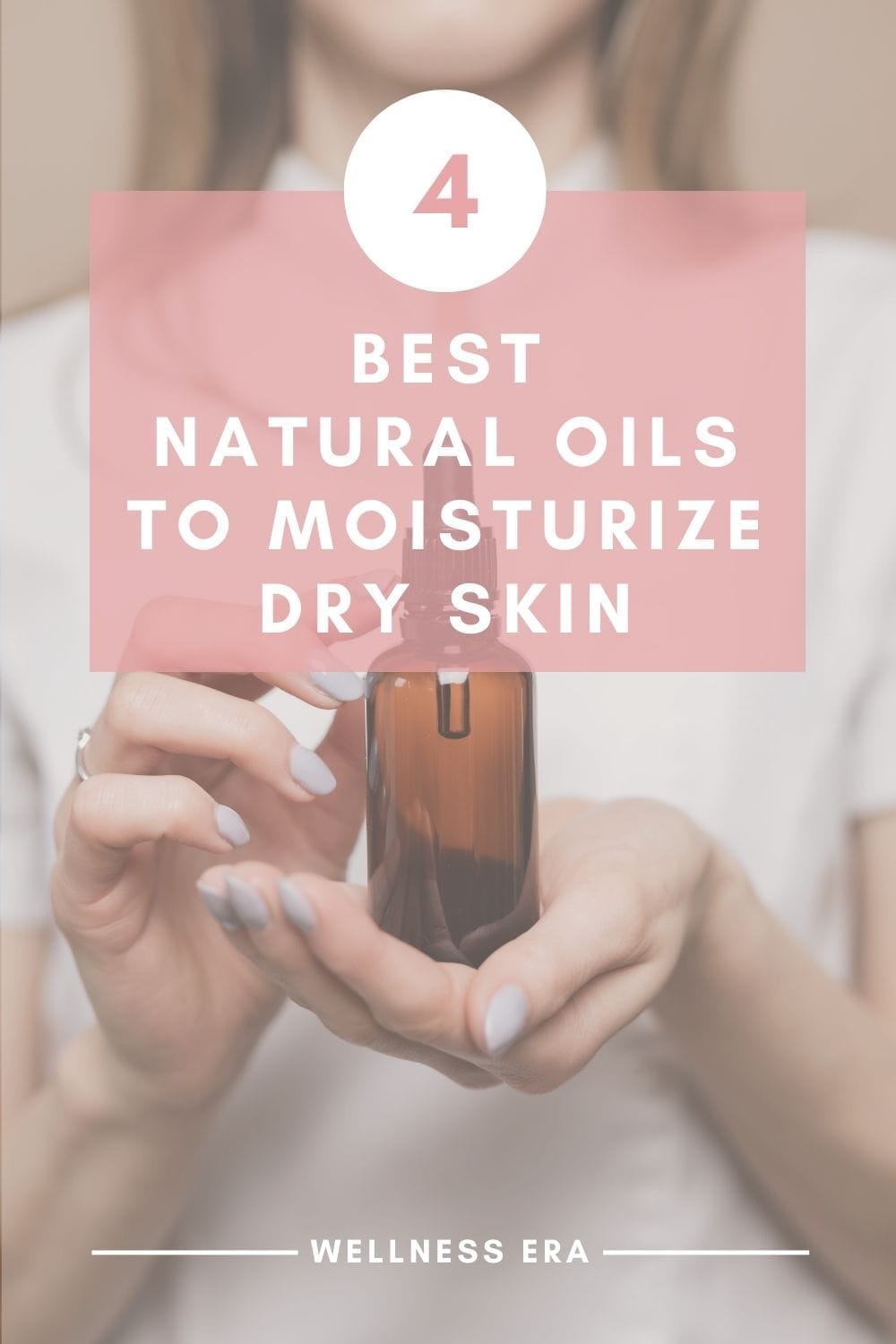
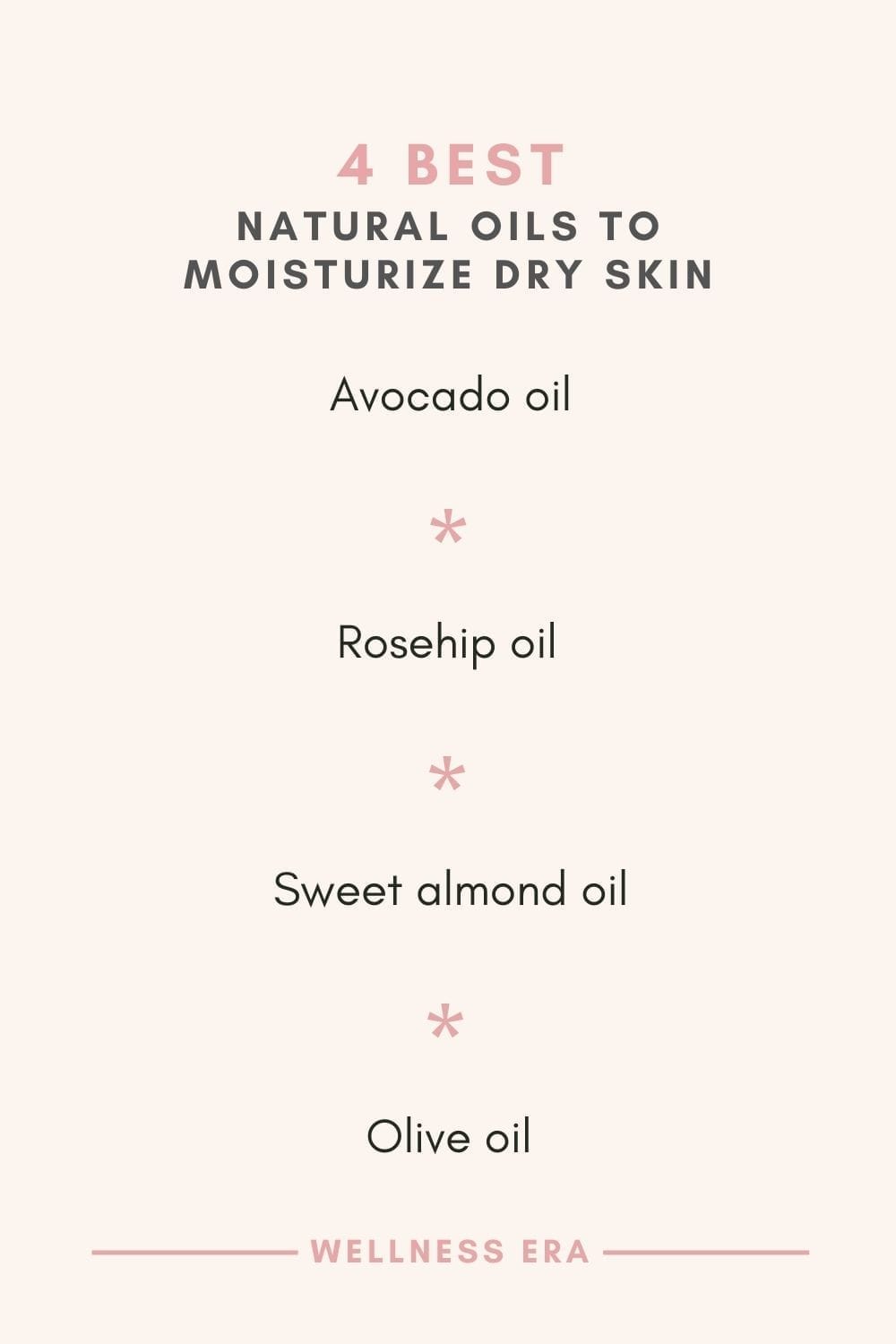
Conclusion
For dry skin, natural moisturizers like tallow, butters (shea, cocoa, and mango), and oils (avocado, rosehip, sweet almond, and olive) offer a rich source of hydration, helping to replenish lost moisture, improve skin texture, and strengthen the skin barrier. Incorporating these natural products into a daily skincare routine can significantly enhance skin health, keeping it hydrated, smooth, and comfortable.
References
Barel, A.O., Paye, M., & Maibach, H.I. (Eds.). (2009). Handbook of Cosmetic Science and Technology (3rd ed.). Informa Healthcare. Taylor & Francis
Baran, R., & Maibach, H.I. (Eds.). (2017). Textbook of Cosmetic Dermatology (5th ed.). CRC Press. Routledge
Proksch, E., Brandner, J.M., & Jensen, J.M. (2008). The skin: an indispensable barrier. Experimental Dermatology, 17(12), 1063–1072. Wiley Online Library
Zasada, M., Budzisz, E., & Rotsztejn, H. (2019). Antioxidants in moisturizing cosmetics. Postępy Dermatologii i Alergologii, 36(3), 352–359.Termedia
Here is something you might also like..
Would you like to receive something special?
Try out the best, inspirational weekly newsletter for your natural wellness era!
My Wellness Era Weekly
SUBSCRIBE TO OUR NEWSLETTER
Your Weekly Dose of Natural Wellness
Fill out the form below, and you will reveice "My Wellness Era Weekly" delivered to your inbox.
What you can expect: a short, warm, and personal note from our founder. Mindset shifts, journal prompts, or self-care reminders. Inspiring quotea related to wellness, mindfulness, or self-love. Small, actionable wellness habits you can try. Recomendations we love, are testing, or recently discovered. Highlights of our latest blog posts.
+++ What we’re loving every single week.
QUICK LINKS
SOCIAL
CATEGORIES



